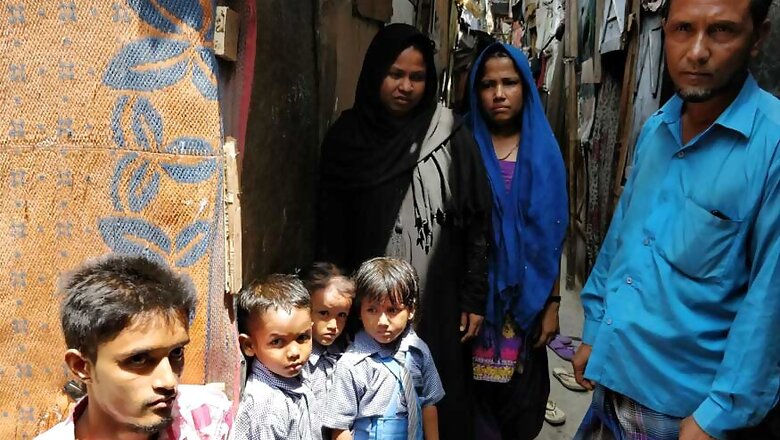
views
We’re sitting outside Hamid Hussain’s cramped one room tin hut located near Madanpur-Khader village, roughly 20 km from Delhi. His tiny abode cries for a little more space to accommodate his three children and, maybe, some sunlight.
He stays in Darul Hijrat, a 300-square-yard land that stands dotted with small huts, most of which have a squeaky old ladder dividing the hut into two floors for the families to adjust in.
“This is heaven," he smiles. As compared to his burnt home 3,000 km away at Maungdaw Township of the Northern Rakhine state in Myanmar, this tiny hut is, understandably, nothing less than paradise.
Hussain, along with 300 other Rohingya Muslims near Madanpur-Khader village, are still coping with the news of India mulling deportation of 40,000 Rohingya refugees, terming them ‘illegal immigrants’.
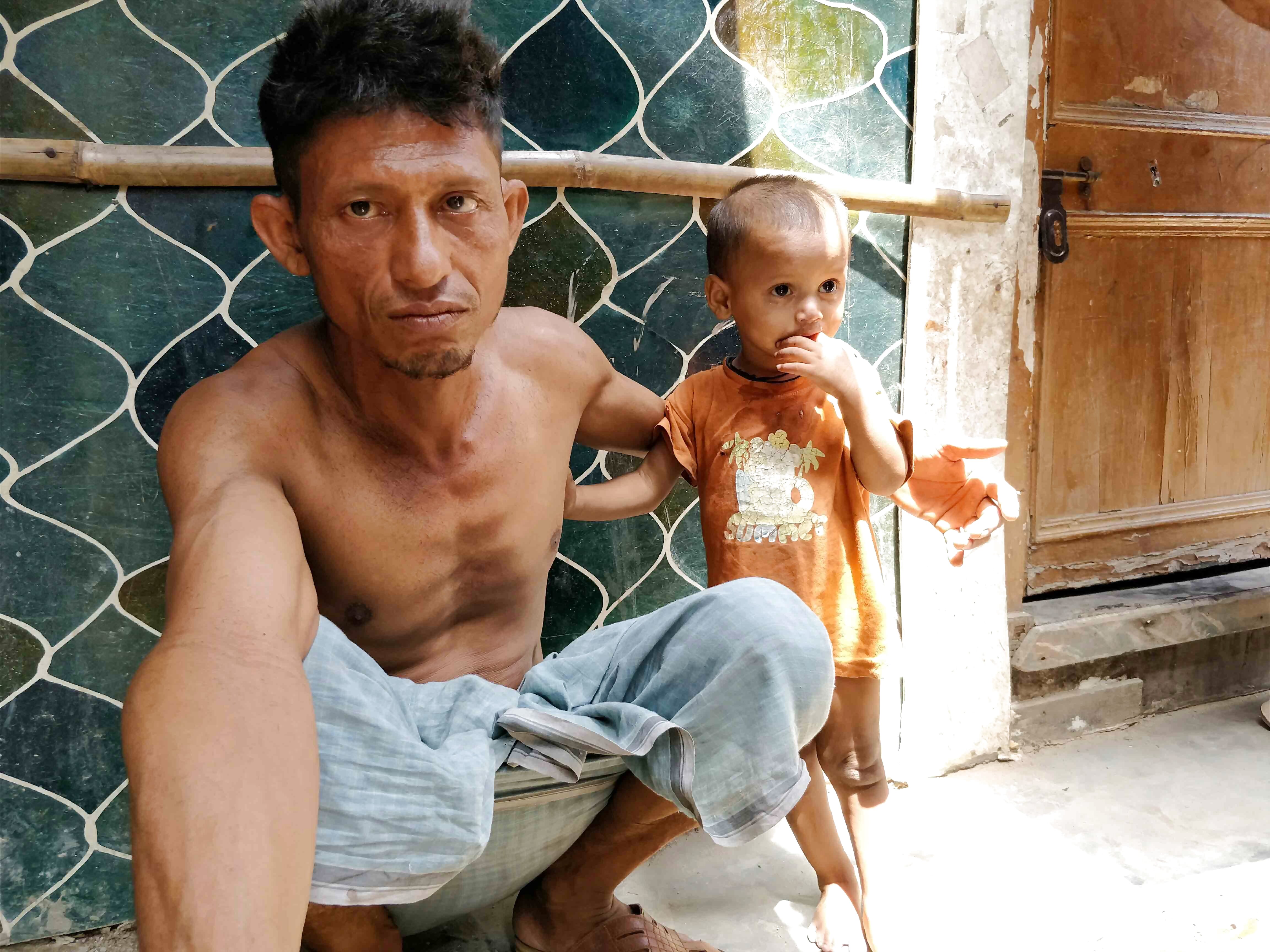
Rohingyas have been the victims of a long-standing ethnic conflict in Myanmar where they have been denied citizenship as they are not recognised as Burmese and are considered Bengalis.
Reports have often cited the Rohingyas to be the most persecuted minority in the world. Although Rohingyas have been fleeing to countries like Thailand and Malaysia, their highest concentration is in Bangladesh and there are about 40,000 Rohingyas in India.
Hussain fled Myanmar in 2012 after violence and mass killings became the norm. Hussain, like other Rohingyas, made his way to Cox bazaar in Bangladesh in an over-crowded boat and after staying there for a couple of months entered Kolkata by road. It is there that his journey and survival in India began. Soon, he made his way to Delhi.
At this land in Darul Hijrat, which has been allotted to them by Zakkat Foundation of India (ZFI), the Rohingyas have to battle problems of sanitation and inadequate drinking water, but the fact that they have a roof above their head keeps them going.
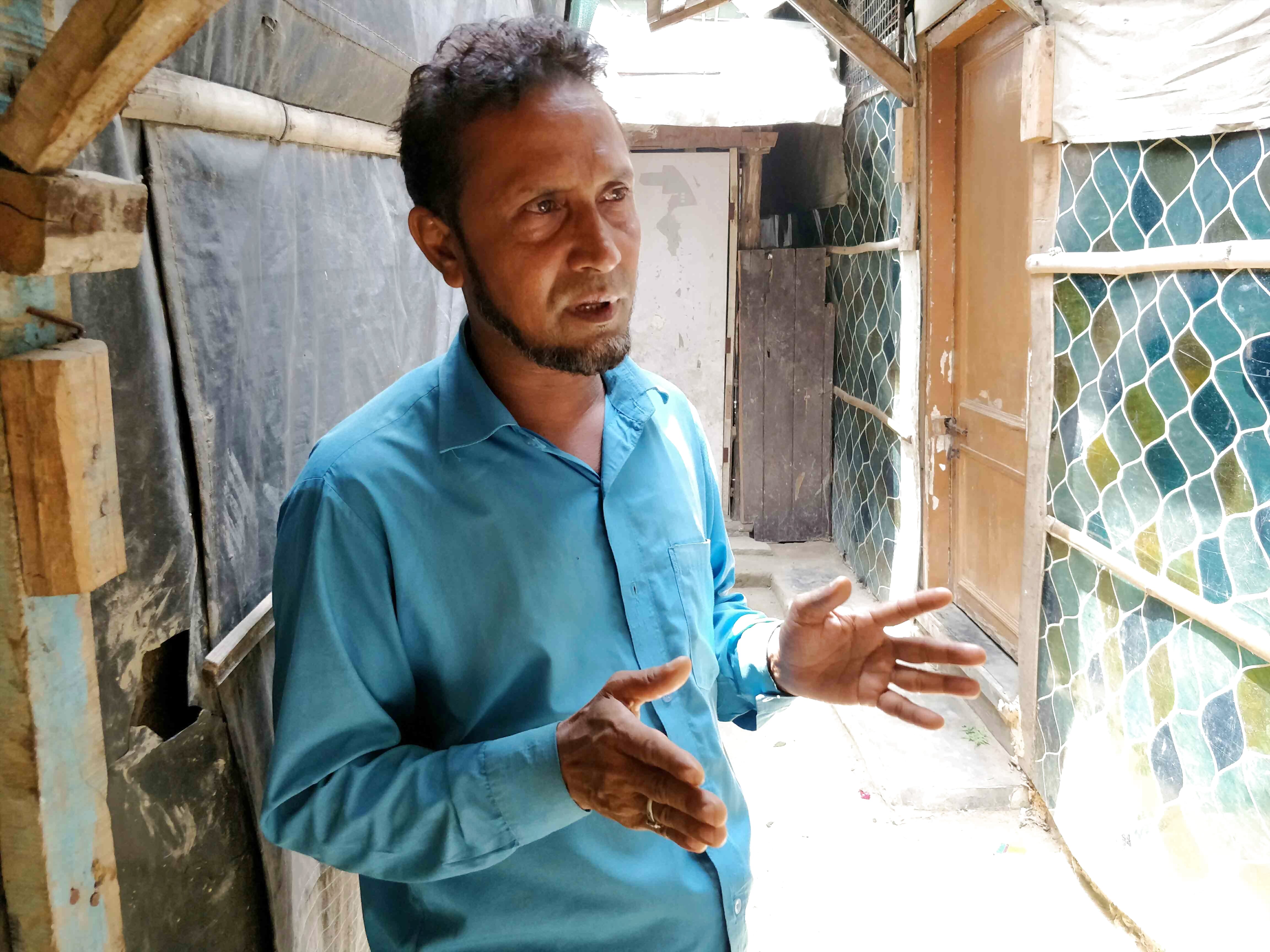
“My brother was murdered. We don’t know how he was killed, but thankfully we found his body a few days later. There are many who don’t even get bodies of their loved ones. That way, we’re lucky," says Hussain, who now works as a daily-wage labourer in a nearby godown.
The Darul Hijrat settlement houses close to 46 families who wake up to an Azaan from a common loudspeaker attached to the first structure in that cluster of tin huts.
“They’ll stay here till the government allows. After that, let’s see what happens," Zafar Mahmood, chairperson of ZFI, says.
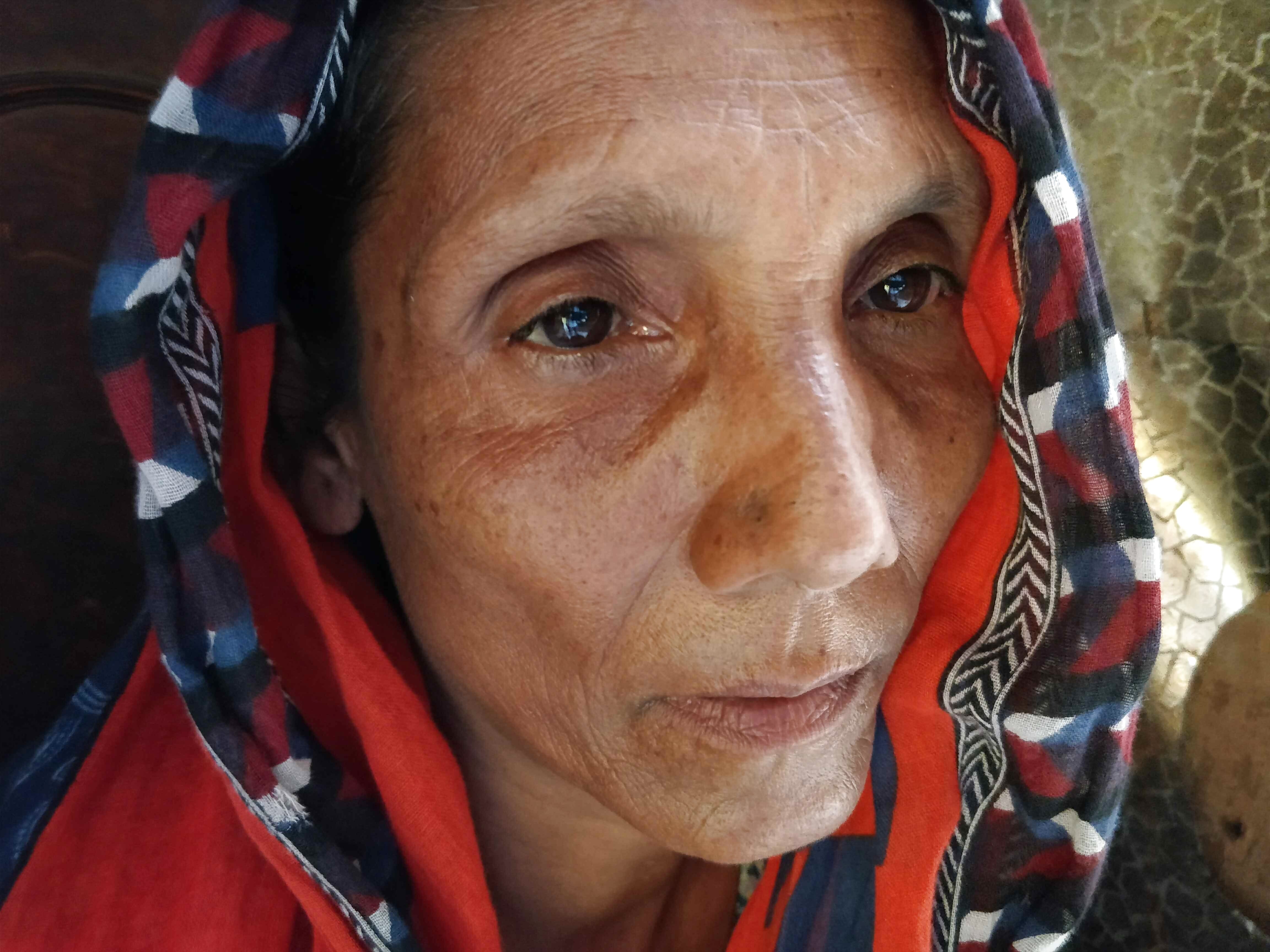
The people in each tin hut have a refugee card from the United Nations Human Rights Commission (UNHCR). That is their main identity. The other one, they say, is being part of India.
“We don’t do anything that is illegal. We’ll give our lives to India. It has given us enough and more in the sense of a livelihood," Mohammad Haroon says. He has been watching us from a distance since we started talking to Hussain.
The 45-year-old clears his voice as he tells us that he has been in India since 2002 and considers himself lucky to have escaped the massive violence that followed after 2012.
“We were scared to tell anyone that we had property or a house. Our women were severely tortured," he says.
Haroon’s uncle, who was also his neighbour, was killed by the Buddhist leaders. “They entered their house. When he (his uncle) complained to the military official, he was beaten to death," he says.
The conversation is soon interrupted by a little four-year-old who decides to cut across our small group.
Sanjida Begum sheepishly smiles and tells us it’s her son. She shouts at her child and asks him to stay put. The group has now expanded.
“My husband was kidnapped in 2012 during the riots in the Arakan Province of Myanmar and till date I do not know whether he is alive or dead," says Sanjida, battling a swarm of flies and mosquitoes with one hand and clutching her child with the other.
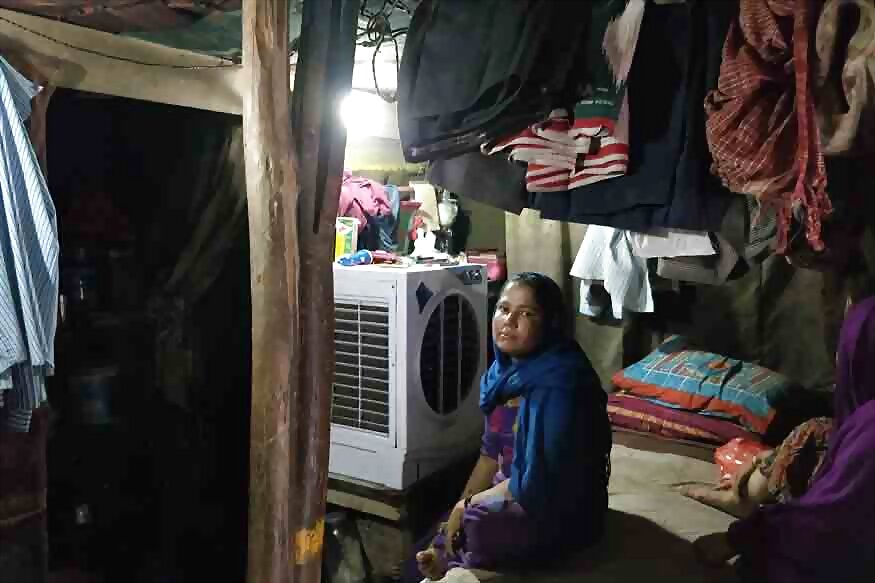
Sanjida married again, but her second husband abandoned her. She is now left with two children to feed, one of whom goes to school.
“I run a small shop here from my home. If it’s a good month, I’ll earn around Rs 7,000 to Rs 8,000. If not, let’s just say my monthly income is somewhere around Rs 3,000-4,000. But, at least, I have a secure life and my children are studying," she smiles.
For her, the thought of being deported back home brings a rush of memories she tries to forget each day.
“The Buddhist government there works in cahoots with the military. The women and girls are raped or are kidnapped only to never return. Men are murdered, mosques are destroyed and burnt. Just three days ago, four Islamic clerics were killed in our village," said Sanjida, her frail figure shivering.
Cutting through the tense conversation, Haroon asks us to take a walk around the settlement.
“We haven’t received an official intimation from the government, but I’m worried now. Rohingyas staying in Haryana, Jammu, Jodhpur and other places have informed us that the police want to throw them away. In Jodhpur, in fact, the cops visited five huts and asked them to leave the city in 15 days," Sanjida says.
She calls out to her friend Taslima. A heavily pregnant Taslima can hardly believe the government is planning a deportation. This, she says, despite of them having UN cards.
“Even a small hut is good for us here. At least my children study here. Plus we have the UN card and the long-term visa. How can they throw us away?" says Taslima, panting a bit as we continue walking.
The UNHCR had issued UN cards to 16,500 Rohingyas out of 40,000, to help them prevent arrests, arbitrary detention, and deportation.
The UN card does not bind the Indian government to not deport them as India has not ratified the International Convention on Refugee Rights, and according to the official statement, even UN card holders would be deported.
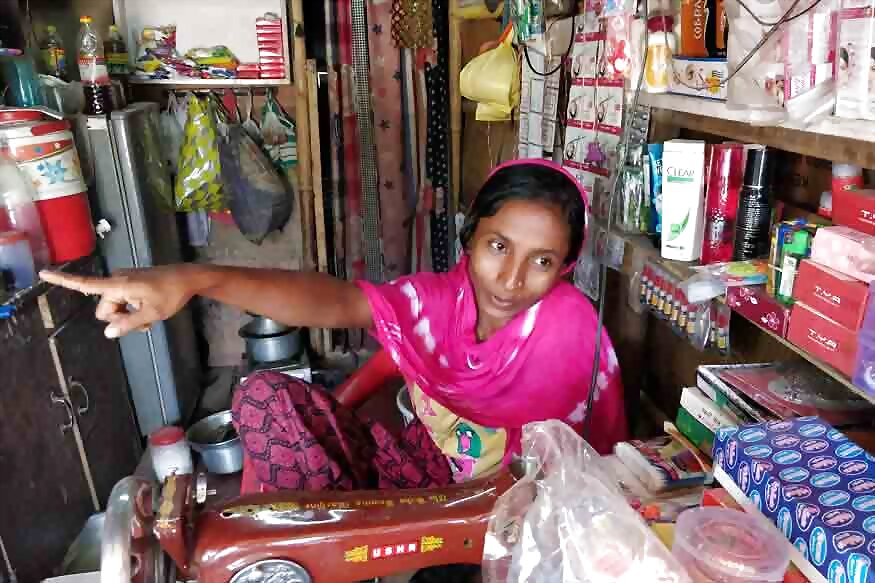
The mass deportation plan will not be an easy route as Myanmar does not recognise Rohingyas as citizens of the Buddhist-majority nation, nor does it give credence to the contention of Rohingyas being a native of the Northern Rakhine.
“We’d rather die here than be moved back to Myanmar. If India does not want us, throw us into a river or jail us. But don’t send us back," says Sanjida, an opinion echoed by our fellow companions.
Haroon and Hussain, having seen murder and torture, say they can’t go back to that life again. “In India, life is difficult. But at least we sleep at night and find our family safe in the morning," says Haroon, as we reach Sanjida’s shop-cum-home, our final stop.
“Tell them not to push us to death," he signs off.
Rohingyas: The Stateless Community
Considered one of the world’s most persecuted minority, Rohingyas are an ethnic Muslim group in the Buddhist- majority country of Myanmar.
Earlier, India was a part of the council which authorised a fact-finding mission after thousands of Rohingyas had fled Myanmar to Bangladesh in a bid to escape the security crackdown which resulted in the killing and rape of thousands of them.
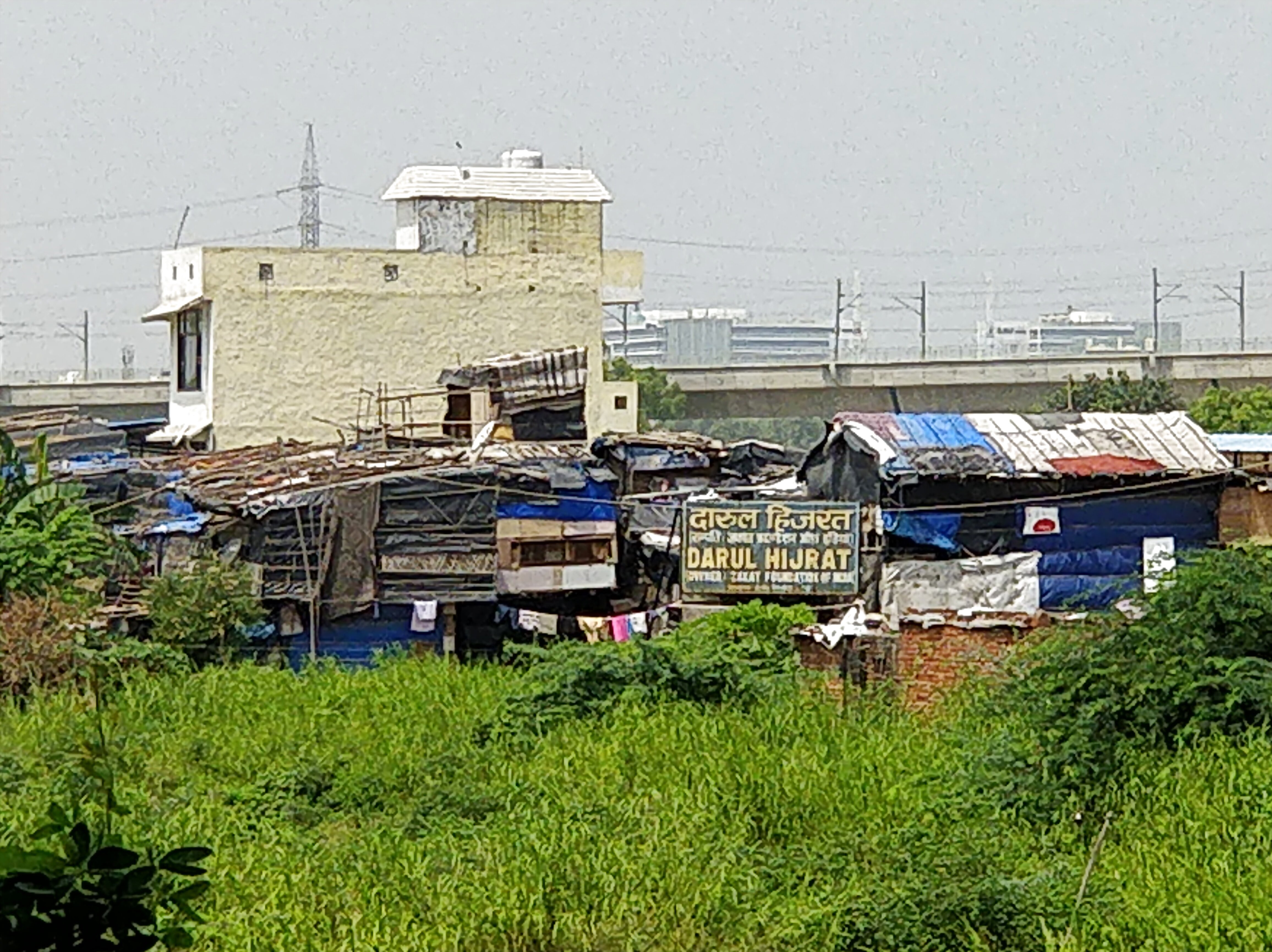
Bangladesh has plans to relocate the Rohingyas to a silt island named Thengar Char.
Thengar Char surfaced eight years ago and is an island in Hatiya Upazila, Bangladesh. Located in the Bay of Bengal, the island is prone to floods during the monsoons and though the move has been criticised, the Bangladesh government is firm on it.
This year, too, thousands of Rohingyas were forced to flee to Bangladesh after Myanmar security forces launched a crackdown in the wake of a deadly attack late last year in Northern Rakhine. Some managed to flee to southeast Asia while others entered India.
(More Sunday Features)














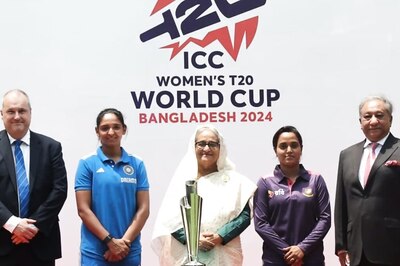


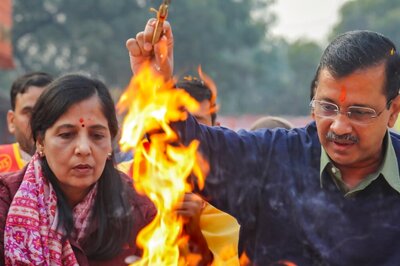
Comments
0 comment